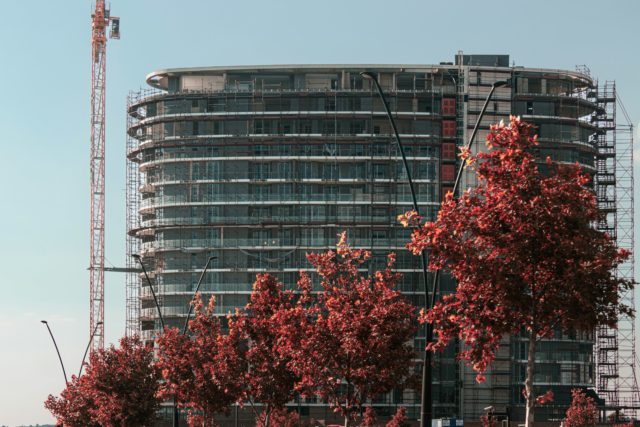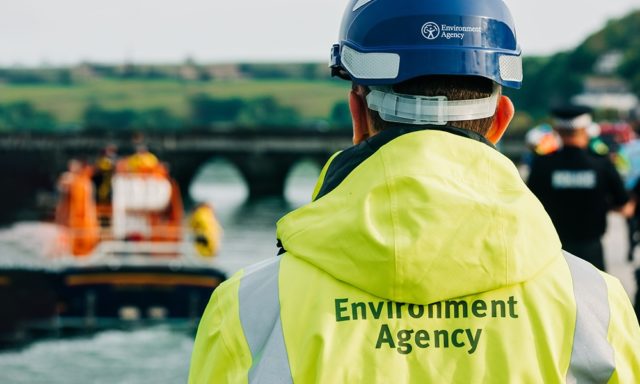Built environment


38%
of global greenhouse gas emissions come from the built environment.
Source: Word Green Building Council
30%
of the world’s waste comes from the built environment.
Source: CBRE
Our sector can play a critical role in reducing global carbon emissions. And we’re incentivised to do so. Real estate is highly vulnerable to the physical effects of a fast-changing climate (think heatwaves, flooding or land erosion). Whatever these assets mean to your business – be it an investment, global HQ for your business to occupy or security for your loan – the asset’s usability and long-term value need protecting. Built environment deals must get greener, and contracts provide the legal framework for that to happen.


Every choice you make for your investment, development or occupational asset contains a carbon footprint. The carbon associated with these choices is locked into your emissions profile through the associated legal document, such as the building contract or lease.
You can unlock and reduce these emissions by reconsidering your choices and recording them in these contracts. Contracts allow you to take a more precise, bespoke approach to carbon reduction than you could if you simply waited for regulatory change to address these issues. You can tailor your carbon reduction commitments to your overarching climate goals, or to a particular project or counterparty.

“Climate contracting principles are already being adopted in the built environment. There has been no pushback on any of the contracts entered into on these standard terms. Buro Happold observes that other parties’ contracts often contain sustainability criteria or objectives.”

“TCLP clauses are a reliable and workable starting point for contract-specific drafting. Sharing of resources and educating your suppliers and consultants is a huge part of cascading sustainability obligations down the supply chain.”
We’re a non-profit organisation working with the most ambitious organisations who want to be sustainability leaders in the sector. Our content is free for anyone to use and we also provide bespoke services, such as those below, free of charge.



Jurisdiction: England & Wales
Updated:
Not maintained
Jurisdiction: England & Wales
Updated:
Not maintained
Jurisdiction: USA
Updated:
Not maintained
Jurisdiction: England & Wales
Updated:
Not maintained
Jurisdiction: England & Wales
Updated:
Not maintained


We have a lot of clauses! Our friends at TLT LLP have created this resource to help you find climate-aligned drafting for different stages of your transaction and building life cycle.
The Chancery Lane Project sat on the steering committee and legal working group for the development and re-launch of the Better Buildings Partnership’s latest Green Lease Toolkit, which was substantially revised in January 2024. We support the industry using these high quality clauses in commercial leases.